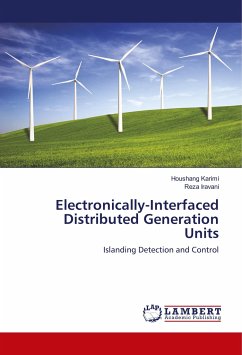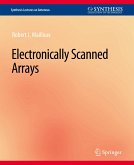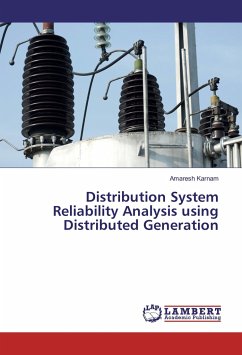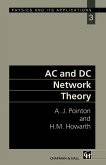Distributed generation (DG) units such as photovoltaic and wind farm have been increasingly used to address environmental problems, and increase capacity of the electric grid. A DG unit is often connected in parallel with a host grid and injects power to the utility system by means of a power electronics converter. Under normal conditions, both the DG unit and its local load operate in a grid-connected mode. When the DG unit and its local load are disconnected from the grid, an islanded system is created. High depth of penetration of DG units, the economical considerations, and the continuity of supply require that the islanded system operate as an autonomous system. However, there are several technical issues associated with the autonomous operation of the islanded systems, e.g., controllers that can accommodate both modes of operation and the smooth transition between the two modes, and accurate and fast detection of the islanding event. This book proposes various control strategies for islanded operation of the DG units. Moreover, to provide smooth transition from the grid-connected to the islanded mode, a fast and accurate islanding detection method is also presented.








